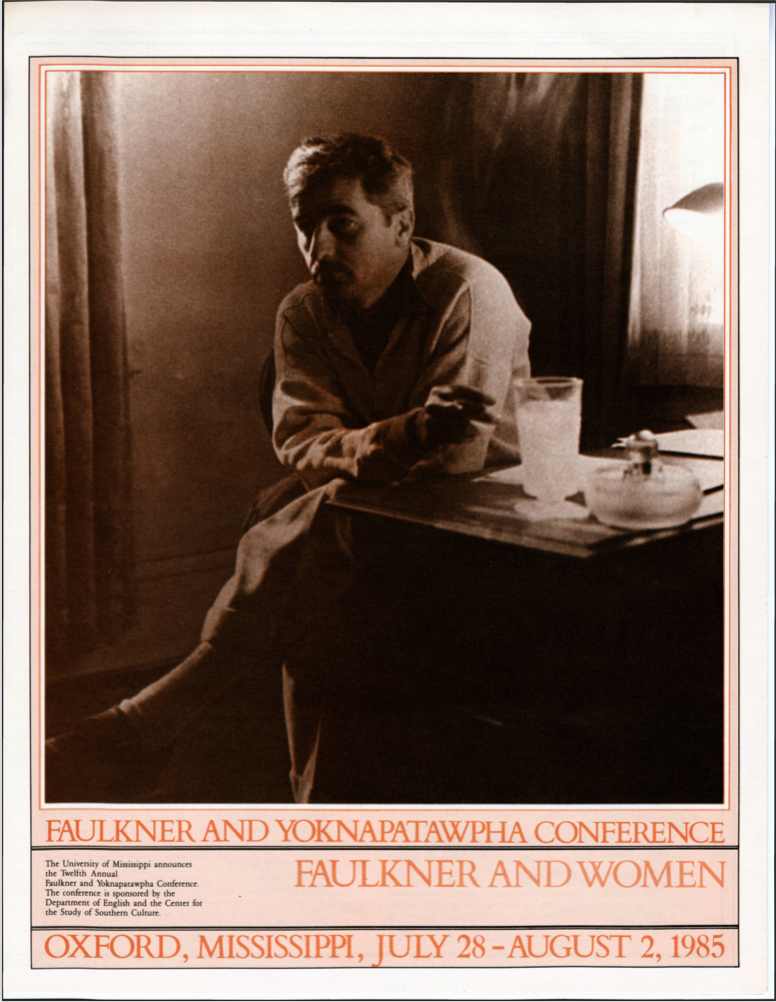
Double Murder: The Women of Faulkner's "Elly"
Location
Education Auditorium
Start Date
29-7-1985 1:30 PM
Description
The 1929 short story "Elly” dramatizes Faulkner's ambivalent attitudes towards the women of the Old South and the New through the use of "doubles": an elderly woman and her teenaged granddaughter, both with the given name "Ailanthia," struggle for control over the younger woman's life-style and values in the Jefferson of the 1920s. That struggle reveals the ineffectuality of the grandmother's (and hence the Old South's) dictates, particularly in regard to racial segregation and premarital sex. Concomitantly, it illustrates the confusion and anxiety to be suffered by a young woman whose identity is torn between the liberated "flapper" of the New South and the secure (albeit restricted) "belle" of the Old. Simultaneously attracted and repulsed by both life-styles, the distraught teenager kills her grandmother (and very nearly herself) in an attempt to destroy the symbolic sources of her guilt and frustration. The ambivalence of the story's ending—plus the double nature of the given name "Ailanthia"—suggests Faulkner's refusal to posit the values and life-style of either the Old South or the New as ideal for any Southern woman. Both eras featured both admirable and regrettable elements; each exacted compromise and psychological pain for the freedoms or security it granted.
Relational Format
Conference Proceeding
Recommended Citation
Petry, Alice Hall, "Double Murder: The Women of Faulkner's "Elly"" (1985). Faulkner and Yoknapatawpha Conference. 10.
https://egrove.olemiss.edu/fy/1985/schedule/10
Double Murder: The Women of Faulkner's "Elly"
Education Auditorium
The 1929 short story "Elly” dramatizes Faulkner's ambivalent attitudes towards the women of the Old South and the New through the use of "doubles": an elderly woman and her teenaged granddaughter, both with the given name "Ailanthia," struggle for control over the younger woman's life-style and values in the Jefferson of the 1920s. That struggle reveals the ineffectuality of the grandmother's (and hence the Old South's) dictates, particularly in regard to racial segregation and premarital sex. Concomitantly, it illustrates the confusion and anxiety to be suffered by a young woman whose identity is torn between the liberated "flapper" of the New South and the secure (albeit restricted) "belle" of the Old. Simultaneously attracted and repulsed by both life-styles, the distraught teenager kills her grandmother (and very nearly herself) in an attempt to destroy the symbolic sources of her guilt and frustration. The ambivalence of the story's ending—plus the double nature of the given name "Ailanthia"—suggests Faulkner's refusal to posit the values and life-style of either the Old South or the New as ideal for any Southern woman. Both eras featured both admirable and regrettable elements; each exacted compromise and psychological pain for the freedoms or security it granted.

